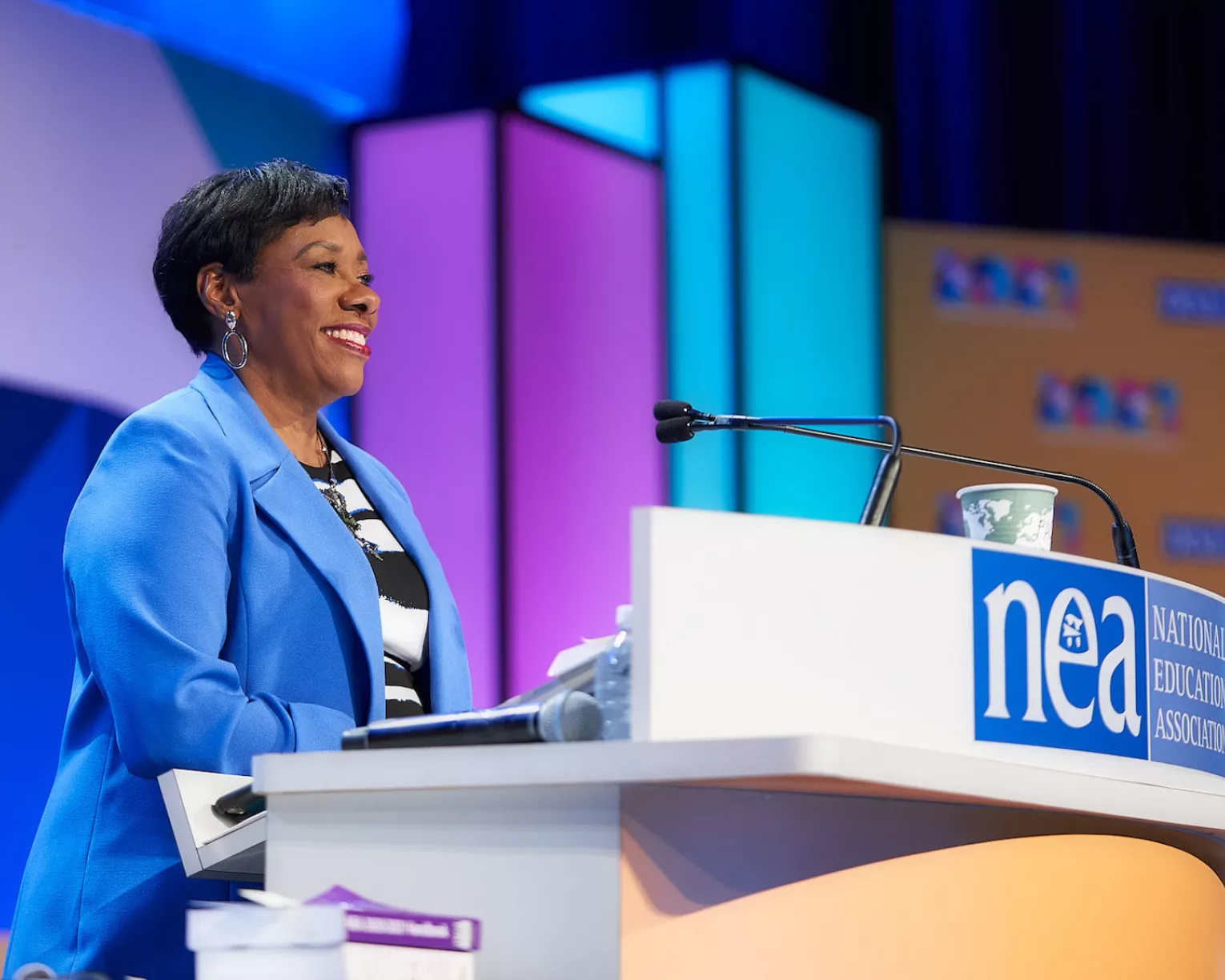Key Takeaways
- Children who grow up without involvement from their fathers face challenges later in life.
- Nontraditional families without fathers also create healthy and supportive environments.
- The key factor in raising resilient children is the consistency of love and support no matter the family structure.
Conventional research suggests that children benefit from a stable two-parent household and that fathers can play a key role, but experts have also found that stability and support offered by any positive adult role model is valuable no matter what form a family takes.
Traditional families along with the other increasingly common forms of family life and child support all are beneficial to the development of young people, research shows, when the support is consistent and caring.
In fact, some experts say the additional advice of a trusted non-parent is important for adolescents, and a growing segment of the population believes the form adult support takes is less important than the quality of it. Meanwhile a detailed study has shown conflict in traditional families is often more damaging than any disruption in parental relationships.
NEA Today asked Laonna Rauser, a middle school counselor at Robert Aylor Middle School in White Post, Virginia, about the importance of fathers, the value of adult role models and the ways that various family structures benefit children. Rauser has been a school counselor at Aylor for six years and been a counselor in a variety of roles for 20 years.
Is it important for fathers to be involved in their children’s lives?
Rauser: Some of the research shows that fathers can offer unique types of guidance and support, but I believe that others can also provide that guidance and support and many families with alternative structures do very well. I think having two parents is beneficial because two parents can more easily handle the tasks and the discipline, taking different roles which makes the support and the guidance more effective. But I’ve seen successful parenting come in many forms.
Most research does show that having two traditional parents or two or more good adult role models at home benefits young people in a number of ways -- from higher graduation rates to lower rates of suicide and drug use. In your experience, how does having strong adult role models and stable family life benefits your students?
Rauser: In general, the form of the family doesn't matter as much as the amount and type of support the child gets and the strength of the family. Its resilience. Fathers can play a key role and are important, and I’ve seen students thrive when grandparents or aunts and uncles or stepparents or foster parents care for them and are there for them. Families are going to face difficult times, and it is the resilience – and emotional resilience – that is so important. Kids who see that seem to absorb it and have it themselves.
When you are in touch with parents, are there specific ways that having more than one caring adult makes it easier to change problem behavior, improve academic performance or alleviate concerns you might have about a student?
Rauser: Having more than one adult helps in all those ways, I believe. It provides more avenues for support and more points of contact for us. In one case, one of our students was at home with a single parent who commuted quite a long way to work. A neighbor who was a retired teacher and had gotten to know the family, often looked out for the student and helped with homework after school. She loved doing it and the student benefited by having someone monitoring them and helping with academics. Often people here at my school step up to fill the gap and nudge students along when it comes to behavior or their work in school. Adults can play a role in a number of ways and sometimes it involves more than one or two.
Can you talk about specific ways that schools and staff members apart from counselors can help students who do not have strong adult support -- even more subtle things they can say or do that would help?
Rauser: It can take shape in a number of ways. In my school, families have been dramatically affected by loss of all kinds due to traumatic events within their families. We have developed a special Spartan Spirit Group mentoring session on Monday mornings where all students get together with a mentoring teacher and a group of other students within the school to talk about issues and spend time on character education material. It gives kids a chance to talk about what they are facing and the adult an opportunity to potentially identify problems; any concerns are reported to the grade level counselor and administrator.
The form of the family doesn't matter as much as the amount and type of support the child gets and the strength of the family. Fathers can play a key role and are important, and I’ve seen students thrive when grandparents or aunts and uncles or stepparents or foster parents care for them and are there for them. Families are going to face difficult times, and it is the resilience – and emotional resilience – that is so important. Kids who see that seem to absorb it and have it themselves.
Less formally, the staff members here step up here in a lot of ways – from sports programs and extra-curricular activities to informal check-ins with students. Having staff members who monitor students and report concerns is key – things like changes in behavior or personality or school performance, but also things like hygiene and whether a student is wearing the same clothes or clothes that are appropriate for the season. Uncharacteristic emotional outburst is often a sign that something else is going on. Having a staff that spots and reports those things is really helpful.
We know that families and caregivers are taking shape in untraditional ways today. Pew Research shows Americans are beginning to recognize that untraditional families are well accepted and seen to be as effective as two-parent traditional households. Has the educational system and communities adjusted to the new ways families can take shape?
Rauser: Yes, I think we are much more accommodating when it comes to families that take different forms. We encourage both parents to be involved, but I think as our culture has changed, schools have adjusted and, in many cases, stepped in to fill gaps that have arisen. There are more single parents and busy families with parents both working and other family forms. Whatever form a family takes is ok.
Self-awareness is important – an ability to see the problems as they arise, and the communications and even confrontation, which seems scary, but can be healthy for parents and children. Clear and consistent guidance and transparency about what is happening in a family are key. It has to be a team – and a strong one no matter what form it takes. That’s why I think resiliency is so important.
When you think of a student who has not had a traditional two-parent family but has been successful academically and strong emotionally, what do you think has benefited them? What characteristics do they have?
Rauser: Again, I think resilience is so important and that’s something that can be imparted to a young person by fathers or any adult. Being able to bounce back and find a way forward, especially if they face difficult circumstances at home. Having empathy is so important – being able to see how others feel and understand different perspectives. And communications. A young person needs to learn how to talk about their problems and communicate generally and advocate for themselves, especially if their family circumstances are rough. And they need to be inquisitive – and want to learn and grow. Those are all characteristics an adult can help a young person develop.



